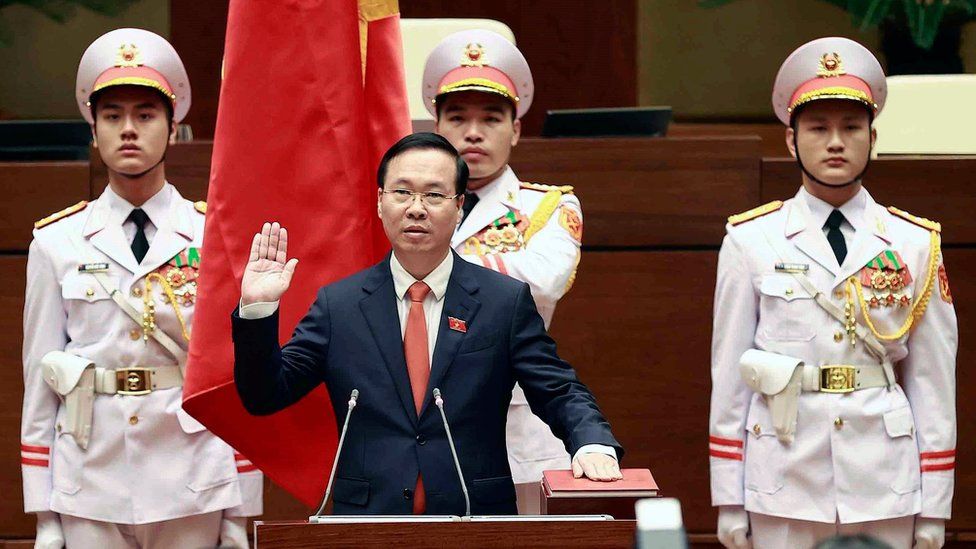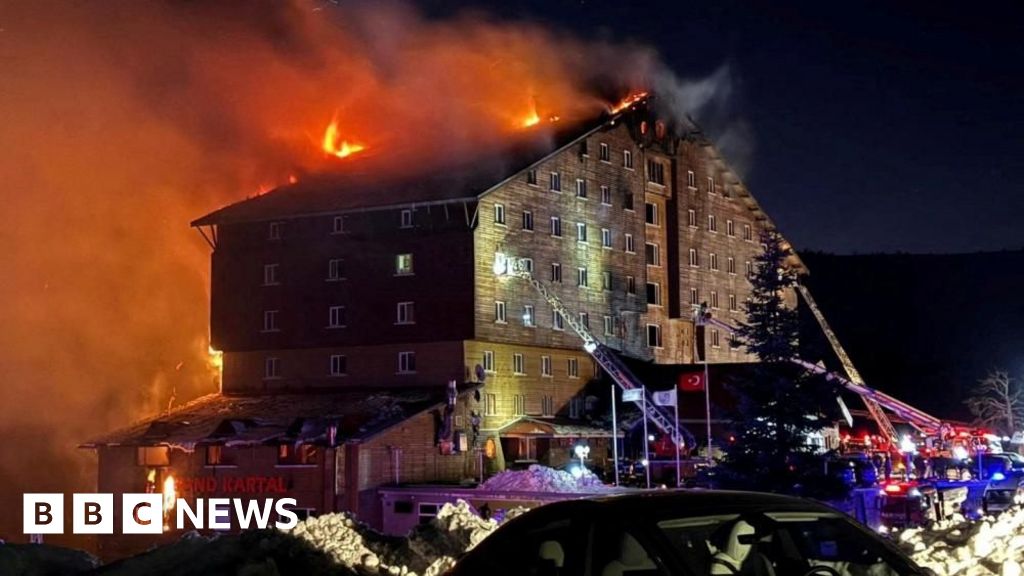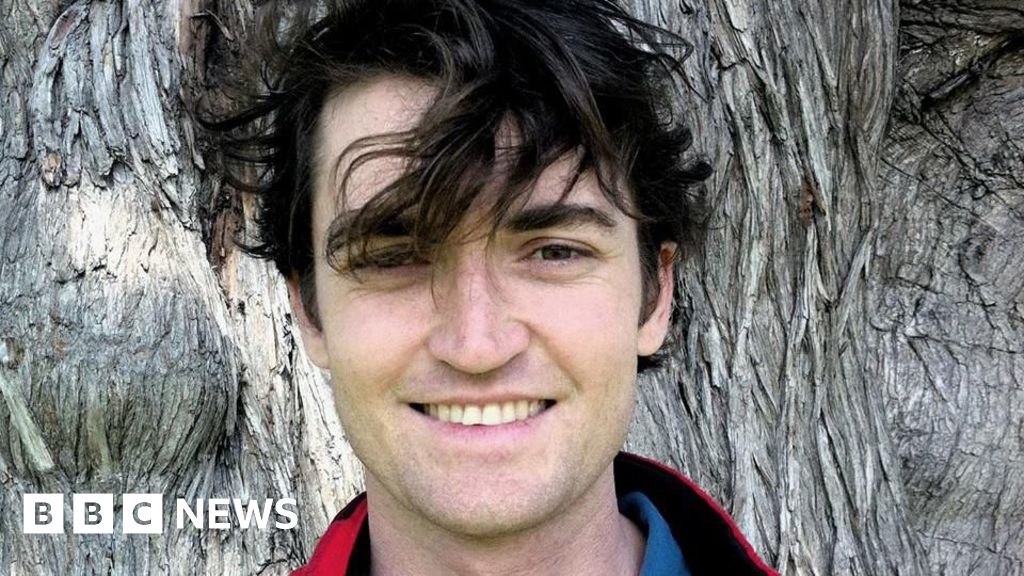ARTICLE AD BOX
 Image source, EPA
Image source, EPA
Mr Thuong was appointed last year to replace another president forced to step down over corruption
By Jonathan Head
South East Asia correspondent
Vietnam's president Vo Van Thuong has resigned after only one year in office.
After a meeting of the ruling Communist Party on Wednesday, the government said in a statement that he had broken party rules and had negatively affected its reputation.
Mr Thuong is believed to have resigned over his links to a corruption scandal in his home province.
The party's leadership has prioritised corruption as a problem it needs to address.
Changes in Vietnam's leadership are usually carefully planned and choreographed.
So, losing two presidents in just over a year, and both over corruption scandals, shows that the Communist Party is finding it difficult to deal with the graft which has become endemic in the country's fast-growing economy.
The president is one of "four pillars" at the top of Vietnamese politics. The Communist Party's general secretary is the most powerful of the four posts, although the president also holds significant authority. The other two are the prime minister and the chairman of the National Assembly.
When he was selected last year, Vo Van Thuong was seen as a capable and relatively youthful president, who had the advantage of being a protégé of the powerful party chief Nguyen Phu Trong, the man leading the campaign against corruption.
Now, like his predecessor Nguyen Xuan Phuc, Mr Thuong has also been forced to resign over unspecified links to a scandal in his home province - although the government cryptically referred only to shortcomings that it said had damaged the party's public image.
Mr Thuong's resignation needs the formal approval of the National Assembly, which is meeting on Thursday.
Just days earlier, the police had announced the arrest - over alleged corruption - of a former leader of central Vietnam's Quang Ngai province, who served while Mr Thuong was party chief there.
Mr Thuong is just the latest in a series of Vietnamese officials and business figures who have lost their jobs, and in some cases gone to jail, over allegations of corruption.
One of Vietnam's wealthiest property tycoons is currently on trial and facing a possible death sentence in a $12bn bank fraud case - the largest ever seen in Vietnam.
Uncertainty over how far the anti-corruption campaign will go, and its damaging effect on the party's reputation and leadership, could undermine the confidence of foreign investors, on which Vietnam depends to keep its impressive economic growth going.

 10 months ago
91
10 months ago
91








 English (US) ·
English (US) ·